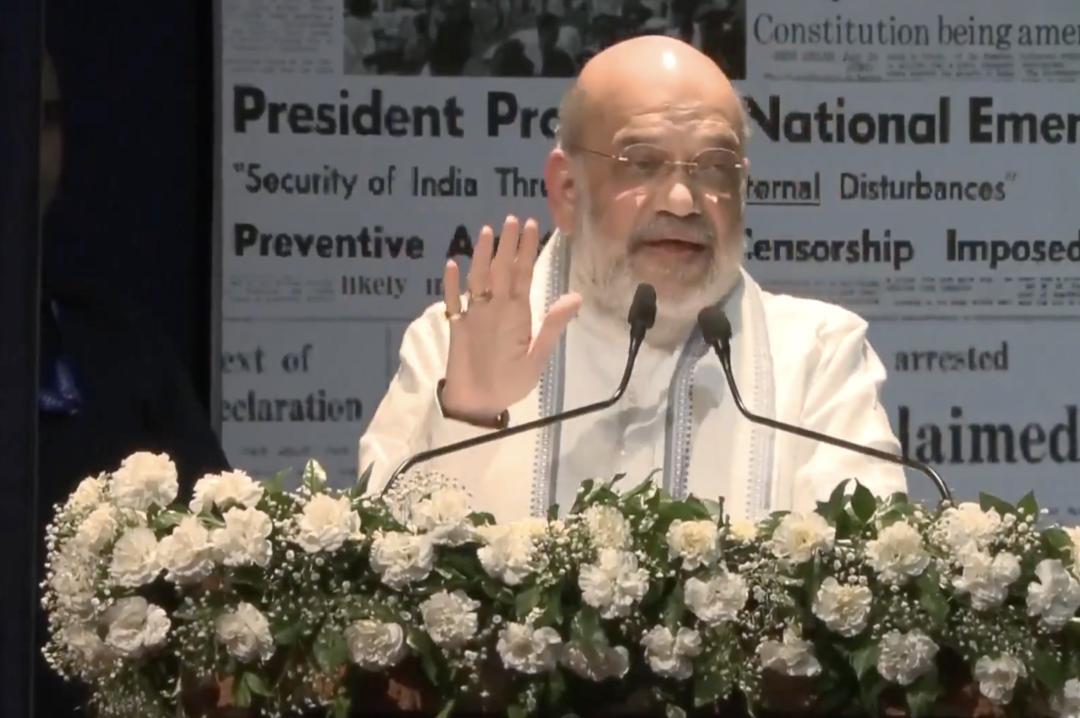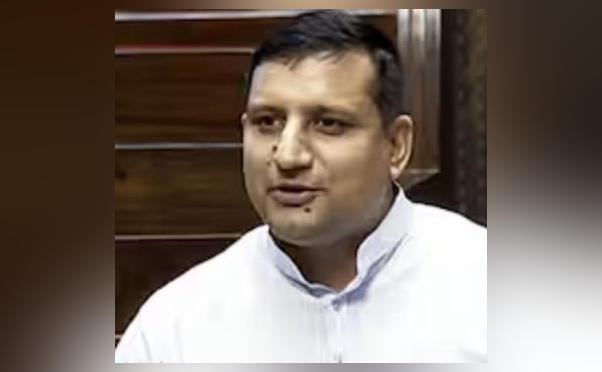
Fading memory of the 1975 Emergency harmful for democracy: Shah
June 25, 1975, is a date etched in the minds of Indians as the day when the country was plunged into darkness and despair. It was the day when the then Prime Minister Indira Gandhi declared a state of Emergency, suspending civil liberties, imposing curfew, and giving herself sweeping powers. The move was widely condemned by the opposition, the media, and civil society, and is now recognized as one of the darkest periods in Indian democracy.
Fast forward to today, and Home Minister Amit Shah has sounded a warning that the fading memory of the 1975 Emergency is harmful for democracy. Speaking to the media recently, Shah emphasized the need to observe June 25 as ‘Samvidhaan Hatya Diwas’ or Constitution Murder Day, to remind the nation of the importance of upholding democratic values and protecting the Constitution.
Shah’s statement is significant because it highlights the importance of learning from the mistakes of the past. The Emergency was a stark reminder of the dangers of authoritarianism and the need for checks and balances on power. It was a period of widespread human rights abuses, press censorship, and suppression of dissent. The Emergency also saw the imprisonment of thousands of people, including political leaders, journalists, and activists, who dared to speak out against the government.
Despite the passage of time, the Emergency remains a sensitive topic in Indian politics. The ruling Bharatiya Janata Party (BJP) has often been accused of trying to erase the Emergency from public memory, with some of its leaders even attempting to downplay its significance. However, Shah’s statement is a welcome departure from this trend, and recognizes the importance of remembering the Emergency as a way to reinforce democratic values.
Shah’s argument is that if the memory of the Emergency fades away from society, it is harmful for the nation. He is right. The Emergency was a stark reminder of the dangers of unchecked power and the need for democratic institutions to hold those in power accountable. It was a period of great uncertainty and fear, and many people suffered greatly during those years.
The Emergency also had a profound impact on Indian democracy. It led to the adoption of the 44th Amendment to the Constitution, which aimed to prevent a repeat of the Emergency by strengthening the safeguards against abuse of power. The amendment introduced provisions such as the 12-month limit on the duration of a national emergency, and the requirement that the President consult with the Cabinet and the Speaker of the Lok Sabha before declaring an emergency.
In recent years, there have been concerns that the memory of the Emergency is fading from public consciousness. This is partly due to the changing nature of Indian politics, with some politicians and parties seeking to rewrite history and downplay the significance of the Emergency. However, Shah’s statement is a reminder that the Emergency remains a critical part of Indian history, and that it is essential to remember its lessons in order to build a stronger and more resilient democracy.
The 1975 Emergency also had a profound impact on Indian society. It led to widespread protests and resistance, with many people coming together to challenge the government’s actions. The Emergency also saw the rise of a new generation of leaders, who would go on to play a crucial role in Indian politics in the years to come.
In conclusion, Shah’s statement is a welcome recognition of the importance of remembering the 1975 Emergency. The Emergency was a dark period in Indian history, and it is essential to remember its lessons in order to build a stronger and more resilient democracy. By observing June 25 as ‘Samvidhaan Hatya Diwas’ or Constitution Murder Day, we can ensure that the memory of the Emergency remains alive, and that we continue to learn from its mistakes.





